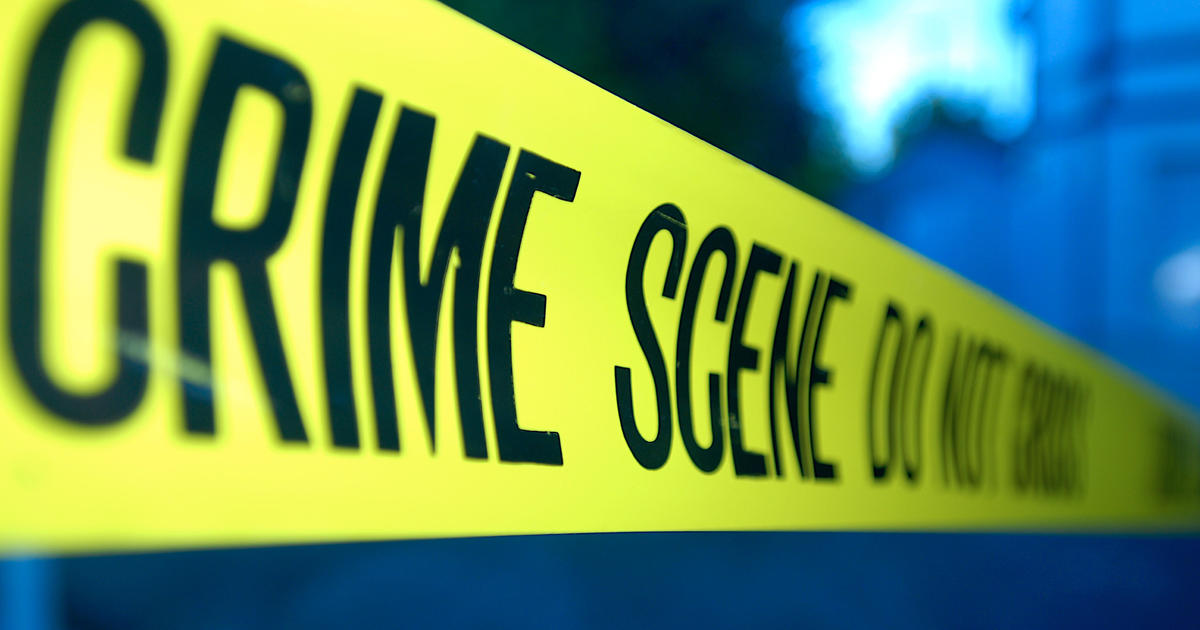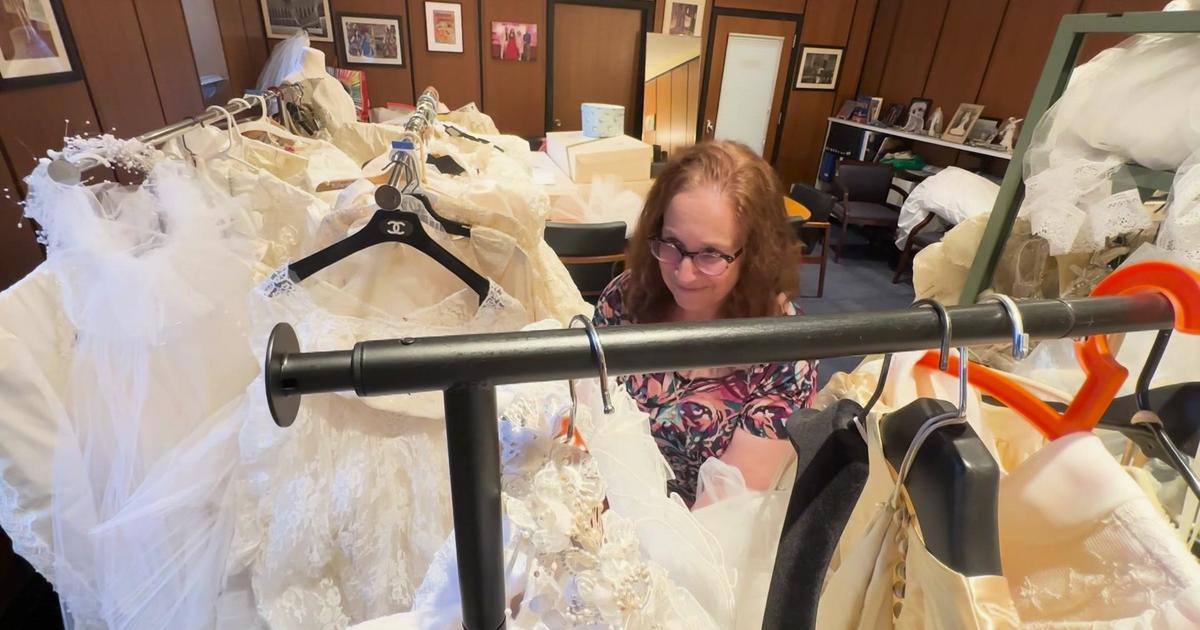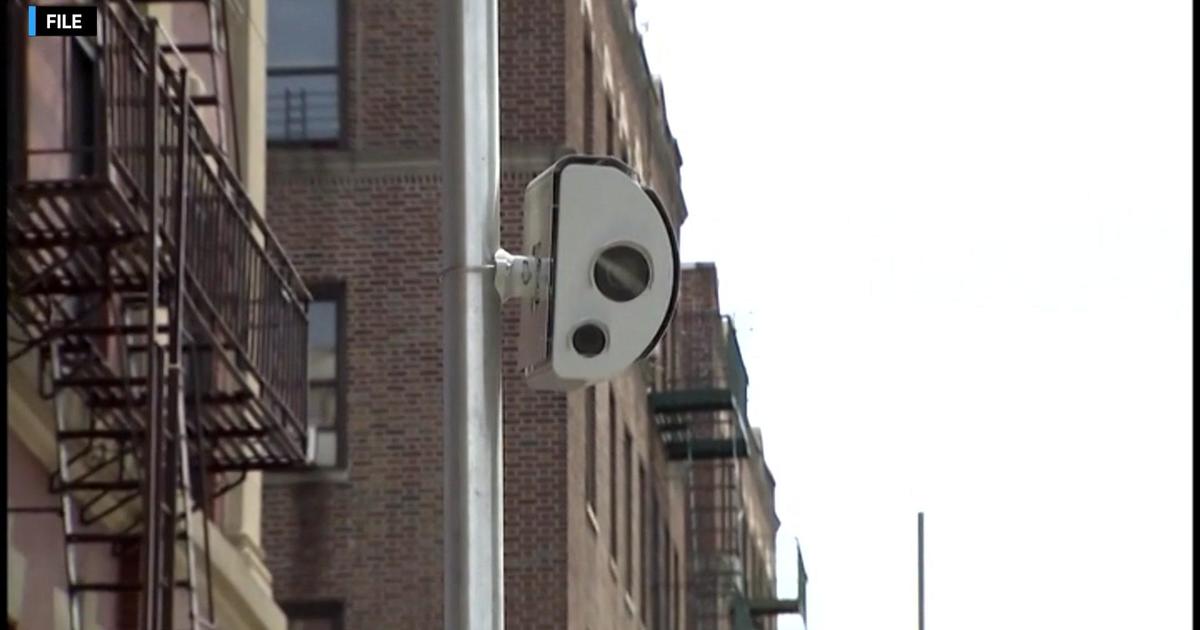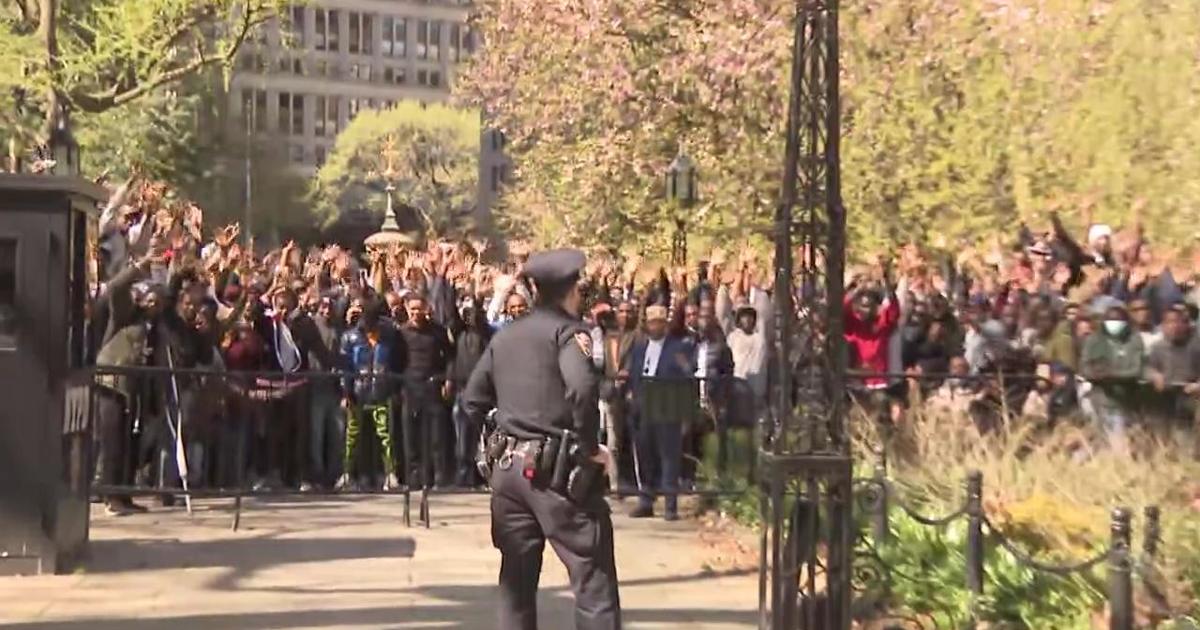Analysis: Parents, Kids Find Budget Pain In NY
ALBANY, N.Y. (AP) -- There's hidden pain in New York's hard-times budget proposal beyond the public workers who face a pay freeze after steady raises during the recession, or teachers who might have to rely only on automatic 3-percent step increases instead of raises this year, or agencies facing a 10-percent cut in operating funds.
There are no high-priced TV ad campaigns or legions of lobbyists to fight for about 1,100 children who attend special schools for the deaf, blind and severely disabled, or the parents of children who died or were harmed for life from medical malpractice, or for New Yorkers battling addiction and severe mental health problems.
Susan Bottari of Larchmont is the parent of a special needs student who flourished in one of New York's private schools for the deaf, blind and severely disabled. Gov. Andrew Cuomo's budget proposal that must contend with a $10 billion deficit and decades of overspending includes a plan to eliminate $98 million in direct state funding to help pay tuition at the schools, which can range from $40,000 a year to more than $100,000.
Cuomo would transfer most of that cost to local school districts, the way other special education programs are funded through a complex school aid formula that takes into account district taxpayers' relative wealth.
But parents and the schools fear districts, already facing a nearly 8-percent cut in state aid, will be forced to keep these or future students in the district for schooling, a less expensive alternative than the specialized schools.
"The chances of that happening breaks my heart,'' said Bottari.
Her son, Peter, has Duchenne muscular dystrophy and uses a wheelchair. He had a one-on-one aide in his public high school, but came home frustrated, feeling isolated. The bright kid felt restricted academically and socially.
"They did the best they could, but they just didn't know what to do for him,'' his mother said. "Now, he's like a new child.''
In the Henry Viscardi School in Albertson since 11th grade, he made friends, saw others with disabilities flourish, gained self-esteem and independence, fit in, passed Regents exams and played on the wheelchair basketball team.
"When I first went on a visit, the first thing I saw was everyone smiling,'' Susan Bottari said. "Just a bunch of smiling kids wheeling around the classroom ... it gives me goose bumps to think of it.''
While the proposed budget action wouldn't eliminate funding for the schools on Long Island, in New York City, Buffalo and Rochester, those in the schools say the future is uncertain.
"We already have a severe shortage of teachers, interpreters and note takers. So how could a school district possibly serve those children?'' said Harold Mowl, superintendent of the Rochester School for the Deaf and chairman of the schools' association. "This really frightens me,'' he said through an interpreter for the deaf.
"If it wasn't for the School for the Deaf, I wouldn't be where I am,'' said Scott Keller, a 2006 graduate of the Rochester school who's now majoring in communications with a minor in English.
State Sen. Suzi Oppenheimer, a Westchester Democrat, knows the value of the schools. She has 11 relatives who are deaf. Public school settings where individuals would often be taught alone without disabled classmates can lack the push that helps these students thrive, she said.
But she has another concern. Just as the state has said it has ended years of pushing health, education and other costs onto local governments, the budget proposal would slam local school districts again.
"It doesn't make any sense,'' Oppenheimer said.
For Danny Beck, it's too late for school for his daughter, Isabella. While the New York City firefighter was serving in the Army in Iraq, Isabella came down with a cough and watery eyes. Soon after, despite doctors' visits, she was in a coma and he believes she was the victim of medical malpractice.
Cuomo's budget seeks to limit malpractice awards to try to limit the high cost of health care in New York. That would force families like the Becks to take a settlement that won't cover all of Isabella's many medical needs for life. Beck also believes it protects bad doctors who will make similar mistakes again.
"My daughter could have been a doctor, a reporter, or president,'' said Beck, his burly body shuddering as he fought sobs. "Every holiday, every birthday, every little single reminder is taken away from me.''
Harvey Rosenthal knows more of the nearly voiceless New Yorkers facing pain in the budget.
Cuomo's task force trying to rein in the most expensive Medicaid system in the nation is trying to treat more people with addictions, serious mental health issues and medical conditions through a streamlined health care delivery system.
The problem, says Rosenthal, of the New York Association of Psychiatric Rehabilitation Services, is that most of these people don't enter the health system via the traditional medical route that Cuomo's task force would recommend.
Instead, the current "behavioral health care system,'' with strong links to a place to stay, help and support, seems to work best for many of those addicted and suffering mental health problems.
"We say it will result in disintegration--or in disappearance--of the community recovery safety net we've worked so hard to develop and improve over the last decade,'' Rosenthal said.
Cuomo and lawmakers know the pain but say New York has little choice now.
"This has been the problem for the past 10 years,'' Cuomo said Thursday. "We spend too much, we tax too much ... you cannot spend more than you make.''
---
(Copyright 2011 by The Associated Press. All Rights Reserved.)



